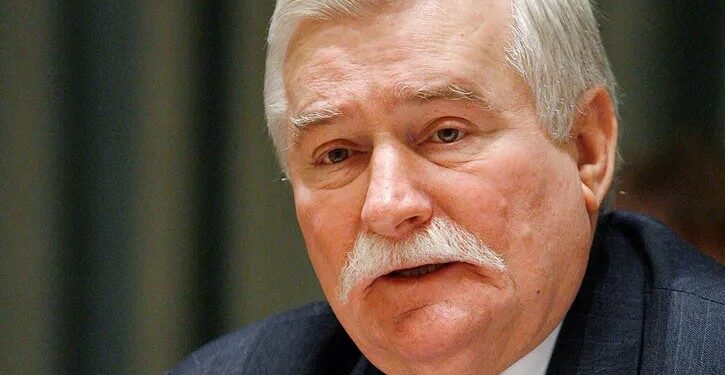Lech Wałęsa emerged as one of the most pivotal political figures of the 20th century, a key architect of Poland’s transition from communist rule to democracy. Born on September 29, 1943, in Popowo, a small village in northern Poland, Wałęsa began his professional life as an electrician at the Lenin Shipyard in Gdańsk, a job that would become the launching pad for his historic political activism.
In the 1970s, Poland was under strict communist control, with workers suffering under oppressive working conditions and limited political freedoms. Wałęsa distinguished himself as a passionate labor leader, becoming a prominent voice for workers’ rights. His pivotal moment came in August 1980 when he led a strike at the Gdańsk Shipyard, demanding better working conditions and fundamental civil liberties. This strike would become a watershed moment in Polish history, ultimately giving birth to Solidarity (Solidarność), an independent trade union that quickly transformed into a broader social movement challenging communist rule.
Solidarity grew from a local labor movement to a national phenomenon, attracting millions of members and presenting a unified, peaceful resistance against the communist government. Wałęsa’s charismatic leadership and commitment to non-violent protest became symbols of hope for millions of Poles yearning for freedom. His strategies of peaceful resistance and negotiation stood in stark contrast to the authoritarian government’s repressive tactics.
In December 1981, the Polish government declared martial law, attempting to crush the Solidarity movement. Wałęsa was arrested and interned, but his spirit remained unbroken. International pressure and continued resistance eventually led to negotiations that would reshape Poland’s political landscape.
The pivotal moment came in 1989 when partially free elections were held, with Solidarity winning a overwhelming victory. This breakthrough paved the way for the fall of communism not just in Poland, but across Eastern Europe. In 1990, Wałęsa was elected President of Poland, serving until 1995 and playing a crucial role in Poland’s transition to democracy and market economy.
His global impact was recognized in 1983 when he was awarded the Nobel Peace Prize, acknowledging his extraordinary efforts in promoting human rights and peaceful political change. Wałęsa’s legacy extends far beyond Poland’s borders, representing a powerful example of how individual courage and principled resistance can ultimately triumph over oppression.
Though controversial in his later political years, Lech Wałęsa remains a monumental figure who fundamentally transformed not just Poland, but contributed significantly to the broader narrative of freedom in the late 20th century.
newshub



Recent Comments